Musical (1996)
Book by Terrence McNally
Music by Stephen Flaherty
Lyrics by Lynn Ahrens
Based on the novel Ragtime by E. L. Doctorow
Director: Seth Sklar-Heyn
Music Director: Jeffrey Campos
Choreographer: Jesse Robb
Scenic Designer: Tim Mackabee
Ogunquit Playhouse
Ogunquit, ME
August 2-26, 2017
With Kirsten Scott (Mother), Jami LaVerdiere ((Father), Darnell Abraham (Coalhouse Walker), Lindsay Roberts (Sarah), Josh Young (Tateh), Julian Decker (Mother’s Younger Brother), Carly Hueston Amburn (Evelyn Nesbit), Klea Blackhurst (Emma Goldman), Freddie Kimmel (Harry Houdini), Rod Singleton (Booker T. Washington), Tyler Wladis (The Little Boy), Elia Riley (The Little Girl), Willie Conklin (Joey Elrose)
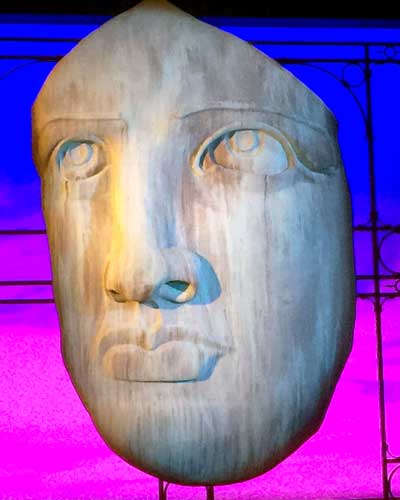
Scenic design by Tim Mackabee
Photo: Charles Munitz, Boston Arts Diary
While Father (Jami LaVerdiere) is away on a polar exploration, Mother (Kirsten Scott), at home in New Rochelle, NY, finds a baby hidden in the bushes. It turns out to be the child of Sarah (Lindsay Roberts), an African-American woman who has just been picked up by the police, and Mother takes them both in rather than throwing them to the mercy of the authorities.
The father of the baby turns out to be a dashing young African-American ragtime pianist, Coalhouse Walker (Darnell Abraham), who drives a shiny Model T and draws the jealous ire of some racist neighbors including Willie Conklin (Joey Elrose) who threaten him and vandalize his car. An enraged Coalhouse, further traumatized by a personal loss brought on in the wake of the original attack, turns to his own heightened form of rebellion involving a siege at the Morgan Library in New York City.
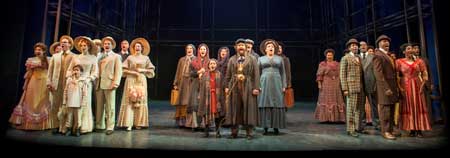
Photo: Gary Ng
Courtesy of Ogunquit Playhouse
Meanwhile, Father returns from his travels to find the baby in Mother’s care and is not too pleased about it. In parallel, Tateh (Josh Young), a Jewish immigrant from Eastern Europe, innovates in the entertainment world and crosses paths with Mother while Emma Goldman (Klea Blackhurst) and Booker T. Washington (Rod Singleton) hold forth on the political implications of the current scene, Harry Houdini (Freddie Kimmel) performs miracles of escape, and showgirl Evelyn Nesbit (Carly Hueston Amburn) prances about in the wake of a jealous murder done on her behalf.
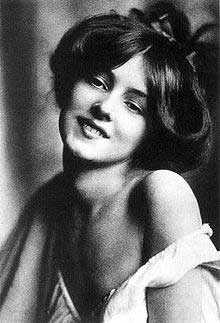
When Doctorow’s novel was published in 1975 it made quite an impact because of its interestingly innovative combination of historical and fictional narratives. Weaving together elements as disparate as the murder of famous architect Stanford White by Harry Thaw over White’s involvement with Thaw’s wife, Emma Goldman’s and Booker T. Washington’s political exhortations, escape artist Harry Houdini’s breathtaking demonstrations, the emergence of the American film industry, and the fate of a fictional African-American couple threatened by racism, it demonstrated a particular novelistic path not previously taken in quite the same way. The inspiring, socially relevant, and deeply cross-cultural novel, heartbreaking in its veracity and in its fictional inventions, touched the soul of a wide public at the time of its appearance.
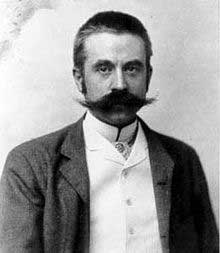
The musical, which has now been around for over twenty years, does wonderful justice to the spirit and the details of the Doctorow novel, evoking its central tragic drama while giving a panoramic sense of its many varied elements. Though not central to the plot but expressive of the times, Emma Goldman and Booker T. Washington show up for brief moments of eloquence and expostulation. Evelyn Nesbit and Harry Houdini appear at regular intervals to embellish the sense of popular culture during the era. The central drama involving Mother, Father, Sarah, Coalhouse and Tateh creates a focal core that evokes the changes that had a significant impact on the landscape of social interactions at the turn of the twentieth century.
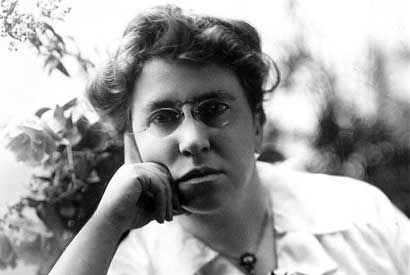
The writing of the musical by Terrence McNally is crisp, efficient and evocative, its lyrics by Lynn Ahrens sharp and witty though not self-consciously so, and the music by Stephen Flaherty is a wonderful amalgam of ragtime, klezmer and other motifs of the era bound together in a jazzy, but appealingly engaging, Broadway-style, musical package.
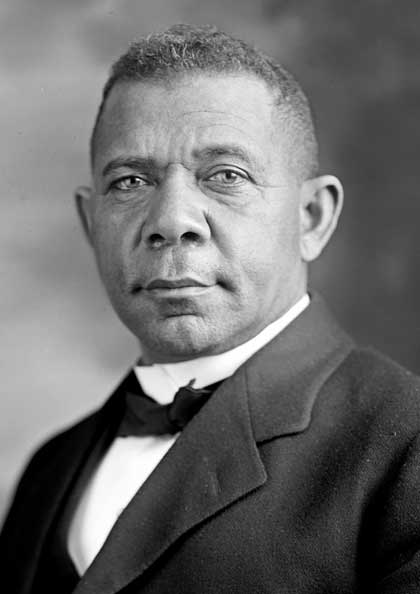
This production is truly magnificent. One stellar acting and vocal performance follows the next.
One could weigh in about the many truly excellent performances, but three stand out as distinctive. Kirsten Scott offers a wonderful sympathetic dignity as Mother, and Darnell Abraham portrays a dashing, heroic, and persuasively inspiring Coalhouse. Both sing with passion and beautiful tone. One of the most amazing and unexpected performances is by the young Tyler Wladis who plays The Little Boy with such presence and capacity that it’s hard to imagine its wonders emerging from such a small package.
The direction and staging by Seth Sklar-Heyn and the choreography by Jesse Robb are inventive and expertly executed, and the orchestral support under music director Jeffrey Campos is excellently done. Scenic design by Tim Mackabee is artful, efficient, and thoroughly effective.
This first-rate account of what is surely to become reinforced as a classic of American musical theater is well worth the travel time to Ogunquit, which, though indeed in Maine, is not so very far north, just across the border from New Hampshire, only an hour and change from the Boston area.
– BADMan
Leave a Reply